
Twin Projects
This section is a showcase for ongoing initiatives and projects that are linked to KIDS4ALLL contents and activities.
It aims to stimulate synergies and collaborations on topics as educational integration, migration and inclusion.
Children’s Alternatives to Detention protecting their Rights in Europe
ID 958068
The project aims to contribute to end detention of children in migration by promoting viable alternatives to detention, meaning arrangements which can ensure the children’s well-being and rights under EU and international law.
The CADRE consortium includes partners from 7 countries- Malta, Greece, Bulgaria, Poland, Belgium, Hungary and Italy. Together they aim to train professionals who work with migrant children, and on detention and alternatives to detention in the focus countries, namely public officials, civil society organisations, lawyers and judges – on the human rights implications of alternatives to detention, by instilling a child-rights culture centered around their best interests and access to child-friendly procedures. The project will raise the awareness of these participant and their access to best practices and standards, skills and ability to implement them, and will foster a transnational and multidisciplinary community of experts from different backgrounds for mutual support and exchange on developments in the field. In doing so, the project aims to ensure an effective and consistent application of EU and international law and standards on alternatives to detention, benefitting migrant children at risk of being detained or whose rights may be violated in alternatives to detention, in the focus countries, and in the long-term, across the EU more generally.
The project activities include:
- three transnational workshops followed by several online public conferences;
- development of four training modules translated into six different languages and other e-learning tools;
- national trainings;
- dissemination of all publications and materials, including through developing a webpage with a database and videos.
02/2021-02/2023
AMIF-2019-AG-CALL
- The International Commission of Jurists - European Institutions (ICJ-EI)
- Aditus (Malta)
- Foundation for Access to Rights (Bulgaria)
- Greek Council for Refugees (Greece)
- Helsinki Foundation for Human Rights (Poland)
- Defence for Children International (Belgium)
- Hungarian Helsinki Committee (Hungary)
- Association for Juridical Studies on Immigration (ASGI) (Italy)
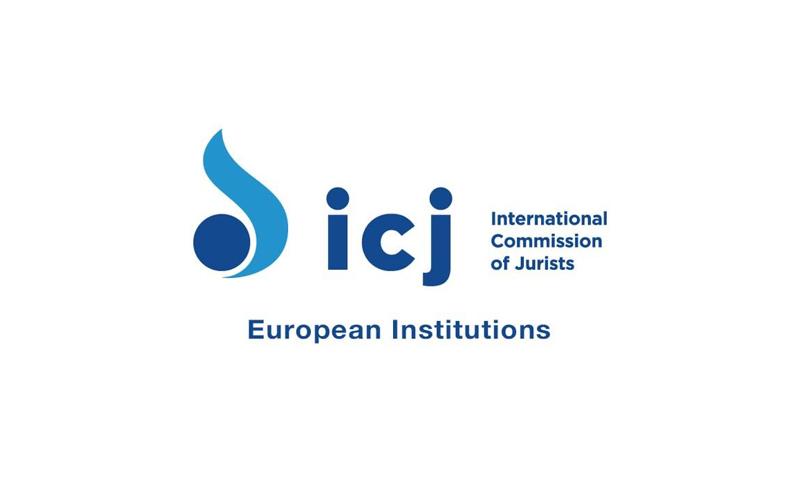
Complementary pathways for Southeast Europe
ID No. 101038709
The Project aims to contribute to development of complementary pathways in Croatia, Bulgaria and Slovenia by creating new models of private sponsorships and offering recommendations for improvement of national family reunification systems. It envisages research and advocacy-based activities that will result in the number of new places for legal admission and effective integration increased.
First, the project will identify good practices of private sponsorship schemes implemented so far, analyse national legal and practical context concerning establishment of a private sponsorship, and research attitudes of stakeholders and potential sponsors. Second, framework of the existing family reunification systems and experiences of national stakeholders will be analysed. In parallel, family reunification assistance will be provided to people in need of international protection to gain first-hand understanding of the issues.
Part of the same set of activities will be exchange of knowledge with organizations with experience in conducting family reunification and sponsorship programs.
These activities will result in recommendations for:
1. establishment of new models of private sponsorships schemes tailored to Croatia, Bulgaria and Slovenia;
2. improvements of national family reunification systems. These will serve as an advocacy tool for the third set of activities, which is promoting and strengthening support at local and national level for the introduction of complementary pathways and expansion of current channels.
Beneficiaries of the project are people in need of international protection, including that will participate in the family reunification assistance programme, but also the general public and stakeholders, representatives in BG, HR and SI, who will be affected by advocacy activities.
2021-2023
AMIF-2020-AG
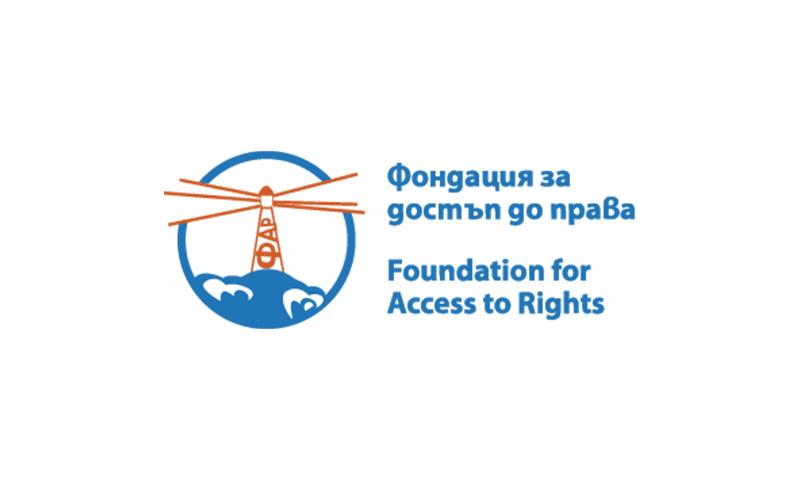
Democracy, Equality, Learning and Mobilisation for Future Citizens
How does Norwegian youths develop political efficacy and belief in their own participation in democratic society? The aim of DEMOCIT is to partake in reducing a growing civic empowerment gap within Norwegian democracy. There is a need for more knowledge and new didactics in order to incorporate and improve democratic learning.
The ICCS 2016-survey (udir.no) revealed that young citizens’ belief in their future participation in democracy is influenced by gender, ethnicity and socioeconomic background. Additionally, the Norwegian national curricular reform (udir.no), emphasizes civic and citizenship education as one of three cross-curricular themes in all school subjects. There is a need for more knowledge and new didactics in order to incorporate and improve democratic learning.
DEMOCIT will develop teacher education utilizing new research on how youths conceptualize democracy and political participation, to ensure that all pupils can believe that their opinions matter regardless of their gender, minority background or socioeconomic status. The project is a collaboration between teacher education in Social science and NOVA research institute at Oslo Metropolitan University, Norway. DEMOCIT unites academia and teaching practice through research on didactics, teaching, youth and school.
01/02/2020 - 31/12/2023
Research Council of Norway
Project collaborators/advisers:
Dr. Bryony Holskins, chair professor of comparative social science, University of Roehampton, London, UK.
Dr. Jan Markus Löfström, Educational Sciences faculty at the University of Helsinki, Finland.
Dr. Ellen Claes, from the Centre for Political Science Research, KU Leuven, Belgium.
Dr. Jens Bruun, from the Danish School of Education, Aarhus University, Denmark.
Dr. Kenneth Nordgren, professor and research director from the Centre for Social Science Didactics (CSD) at Karlstad University, Sweden.
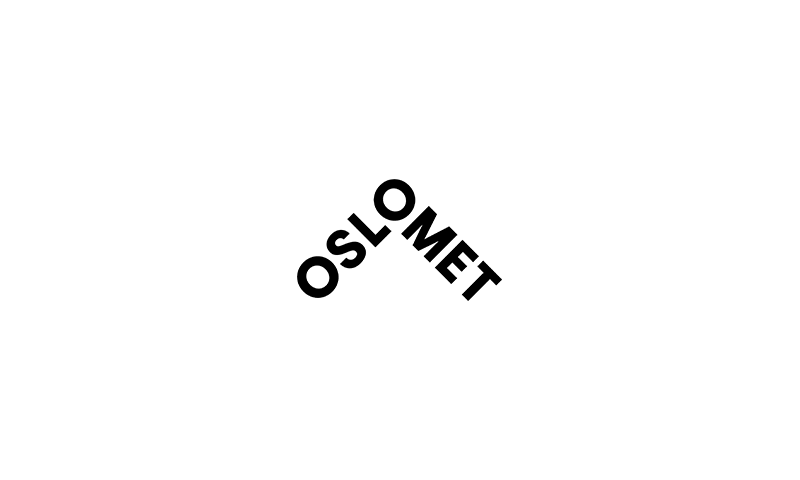
The Impact of Technological Transformations on the Digital Generation
Grant Agreement No 870548
DigiGen aims to develop knowledge about how children and young people use and are affected by the technological transformations in their everyday lives.
The project takes as its focus children and young people, a group growing up today that is described as the digital generation (DigiGen).
Together with researchers from institutions across Europe, we will investigate how children and young people use and are affected by the technological transformations in their everyday lives. The project aims to achieve this by explaining the conditions under which harmful versus beneficial effects of Information and Communication Technology (ICT) use by children and young people occur in order to develop effective social, educational, health and online safety policies, practices and market regulation.
This will be achieved through the use of participatory methodologies that focus on understanding why and how some children and young people benefit from ICT use while others seem to be impacted negatively. Through sustained engagement with the digital generation as co-researchers, the project will include the use of innovative quantitative and qualitative methods and in- depth case studies. In the project the cross-disciplinary team of researchers will enhance cooperation between home, schools and the wider community to ensure safe and productive ways of using ICTs.
The overall objectives of the project aim to contribute to the achievement of Sustainable Development Goals within good health and well-being, quality education, gender equality, decent work and economic growth, reduced inequalities, and sustainable cities and communities.
12/2019-11/2022
HORIZON 2020
- Oslo Metropolitan University
- Panteion University of Social and Political Sciences (UPSPS), Greece
- University of Leicester (UOL), United Kingdom
- Austrian Institute of Family Studies, University of Vienna (AIF), Austria
- Universitat de Girona (UdG), Spain
- Paderborn University (UPB), Germany
- University Babes-Bolyai (UBB), Romania
- Tallinn University (TLU), Estonia
- Confederation of Family Organisations in the European Union (COFACE)
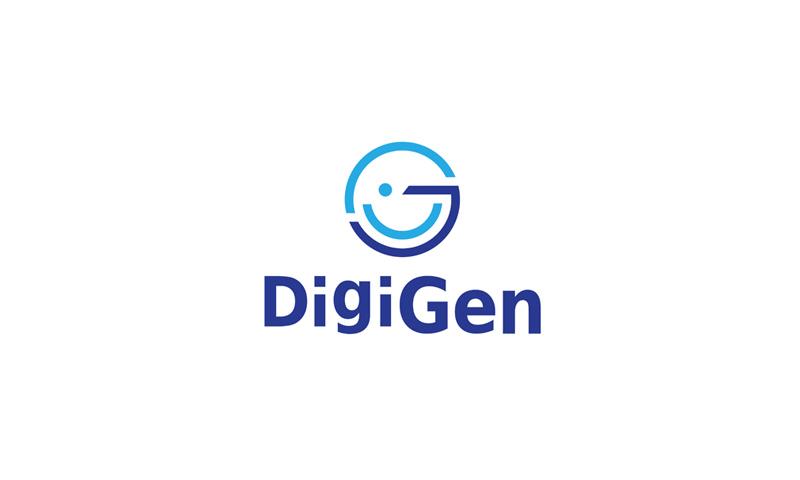
Informant Diasporas in EurAfrica for Legal Migration
863688-IDEAL-M-AMIF-2018-AG-INTE
IDEAL-M project aims to raise awareness about the dangers of illegal migration and misinformation about the journey to Europe and the opportunities for legal migration to Europe. It will focus on Senegal as a country of origin and identify the migration routes of Senegalese people to Europe. The project’s objectives are:
- to highlight the potentials for legal migration and to provide actual information for those people who might be interested in migrating, through mobilisation of diaspora communities already settled in Europe;
- to develop a counter-narrative in a wider range of media through campaigning and use of digital media and local press.
01/2019-09/2022
Asylum Migration and Integration Fund
- University of the Peloponnese
- Universidad Autonoma de Madrid
- African Media Association Malta
- Verein Fur Junge Afrikanische und Andere Diaspora Vjaad Ev
- P.R.S.D. - Associacao, Provedores de Respostas Sociais para o Desenvolvimento
- Elliniko Forum Metanaston
- Hellenic Agency for Local Development and Local Government
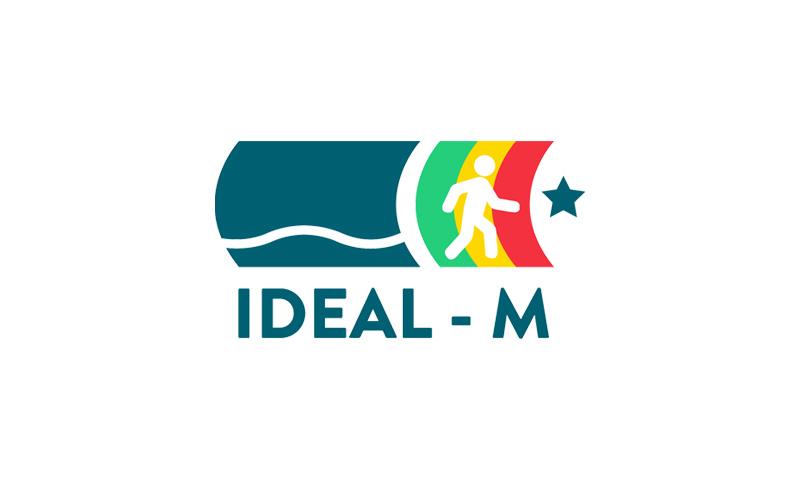
Learning for Citizenship: supporting migrant students in uncertain times
Learning for Citizenship is an initiative to build an international network on “good practice of inclusion, engagement, practical and emotional support for migrant and refugee students”.
The group currently includes the University of Nottingham (UK), the Autonomous University of Barcelona (Spain) and the University of Turin (Italy). Our first main activity was meant to be a conference at the University of Nottingham in May 2020, co-funded by the Social Policy Association (SPA).
Because of the lockdown, we had to postpone the event, that was then re-thought as an online conference successfully held in May 2021.
The project has activated an interdisciplinary, transnational and continuously updated blog that informs on the educational sphere in Italy, Spain and Great Britain to stimulate a public discussion about the experiences of vulnerable young people of migrant background.
Ongoing – funding period 2020/2021
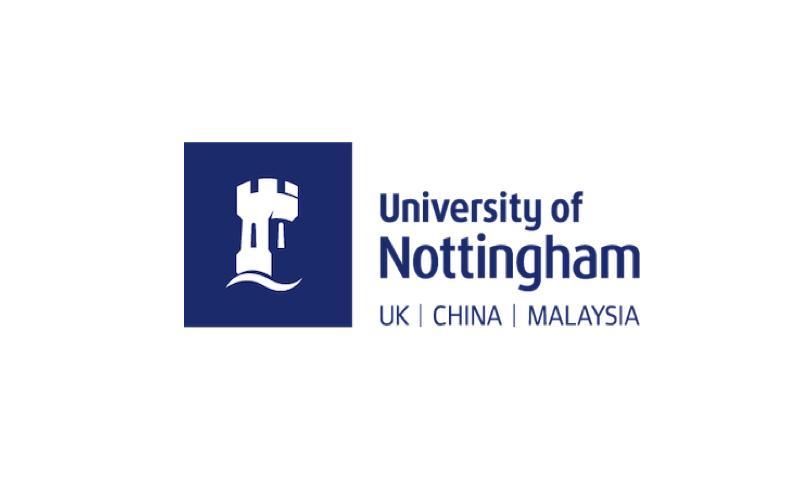
Networking the Educational World: Across Boundaries for Community-building
NEW ABC will deliver nine real-life pilots for the inclusion of immigrant children and youth in education that will be co-designed by the partners and the stakeholders as examples of good practices and that will be tested in the nine countries involved in the project. A platform will be created to provide a virtual space to share, discuss and comment on the co-design as well as the assessment and evaluation of the pre-implementation and post-implementation process of the pilots.
The whole child approach will be taken into account, focusing not only on the academic needs of migrant students but also on their social and emotional needs. This entails taking a holistic view of education and of the children’s academic development, but also acknowledging the need to create formal, informal and non-formal learning environments that focus on other competencies and necessities of children, their families, the community and all the stakeholders involved in the educational setting.
01/2021 – 08/2024
HORIZON 2020
- University of Bologna, Italy
- The Open University, UK
- University of Turin, Italy
- University of Jyväskylä, Finland
- SYNTHESIS Center for Research and Education Ltd, Cyprus
- Interkulturalni PL Association, Poland
- COMBO, France
- University of Porto, Portugal
- Oxford Brookes University, UK
- Active Citizen Europe, Belgium
- Elhuyar, Spain
- Autonomous University of Barcelona, Spain
- União de Refugiados em, Portugal
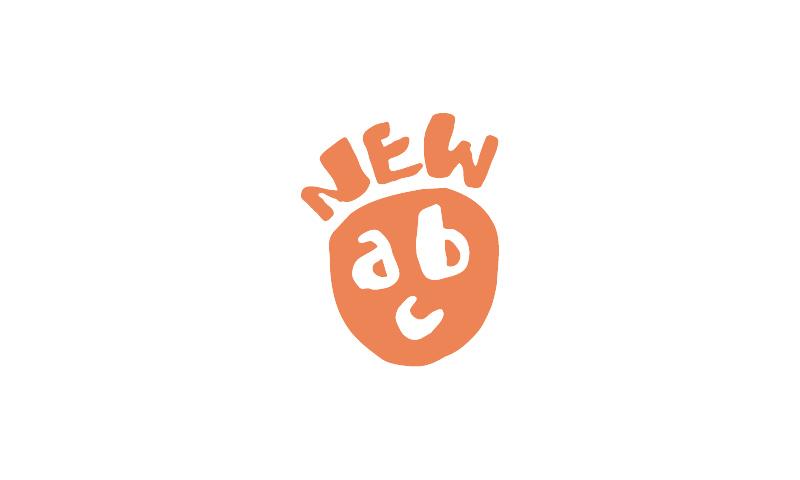
Pioneering Policies and Practices Tackling Educational Inequalities in Europe
Grant agreement N. 101004392
The PIONEERED project is designed to provide research-informed policy measures and identify pioneering policies and practices to enhance access to, uptake and completion of education both in formal and informal educational settings. This involves:
- mapping emerging and existing sources of educational inequalities over the course of educational careers from early childhood to tertiary education
- mapping responses to inequalities as pioneering policies and practices from a comparative perspective
- synthesising the findings and identifying the most promising tools, pioneering policies and practices within and across European countries
The overarching aim is to address some of the pressing societal challenges taken up in the Horizon 2020 framework and inform a new generation of policies and practices that can efficiently tackle and mitigate forms of inequalities in education in Europe.
03/2020-03/2023
HORIZON 2020
- University of Luxembourg
- LISER
- University of Bern
- University of Mannheim
- Trier University
- European Research and Project Office GmbH
- Complutense University of Madrid
- University of Helsinki
- The Economic and Social Research Institute
- PPMI – Public Policy and Management Institute
- Western Norway University of Applied Sciences University of Bergen
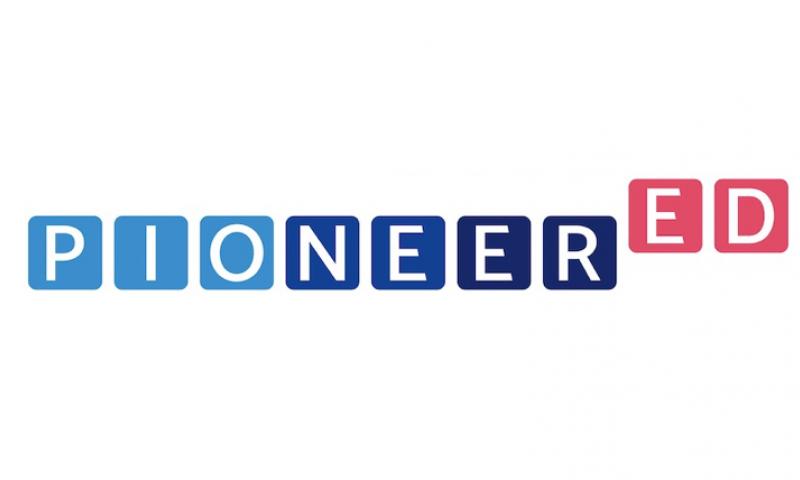
Researching Digital Interculturality
Co-operativelyo-operatively
It is a project funded from November 2020 until October 2024 by the German Federal Ministry for Education and Research (BMBF), in order to foster the national and international co-operation of researchers working in the field of "Digital Interculturality".
Furthermore, the Digital Interculturality Research Hub, which will be at everyone's disposal from 2022, will offer a wide international community long term networking and dissemination possibilities.
01/11/2020 – 31/10/2024
Funded by Federal Ministry for Education and Research (BMBF) within the program "Kleine Fächer – Zusammen"
The project is carried out by the University of Jena (leader), the University of Mainz and the University of Potsdam, and foresees joint conferences and publications with researchers at the University of Limerick, Ireland; Kibbutzim College of Education, Tel Aviv, Israel; and the Federal University of Minas Gerais, Belo Horizonte, Brasil. Its first e-co-conference, which takes place in early 2022, focuses on e-learning and provides a space for synergy with KIDS4ALLL.
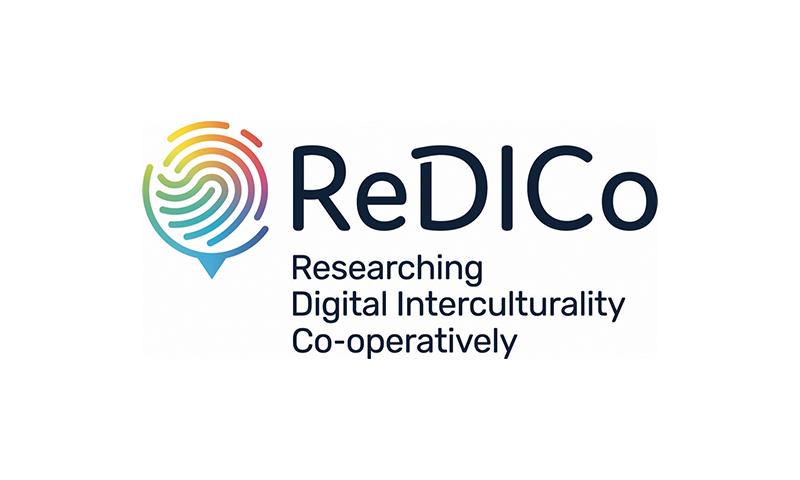
The European University of Post-Industrial Cities
Project ID 101004042
UNIC is a European alliance of eight universities based in post-industrial cities with a mission to boost mobility and inclusion for societal impact.
UNIC will become a model for effective physical and virtual exchange for all students; for the fruitful interconnection of universities and cities, and for a research-led approach to superdiversity that together will result in greater urban equality and productivity.
UNIC will broaden educational opportunities for many non-traditional students, including members of new migrant communities and people living in socio-economically disadvantaged areas. Our students and staff will study, teach and work throughout Europe to learn from, and become change agents who will play a role in the transformation of our post-industrial urban regions of the future. By engaging students in real-world urban challenges with our city partners through initiatives such as CityLabs, we aim to bring ‘science to the city’ and contribute to the resilience and renaissance of Europe’s post-industrial urban centres.
In so doing, we will foster a new generation of students with the knowledge, skills and societal consciousness to act as change-leaders, active citizens and builders of our common European future, shaping the European Education Area.
10/2020-10/2023
Erasmus+ Programme of the European Union
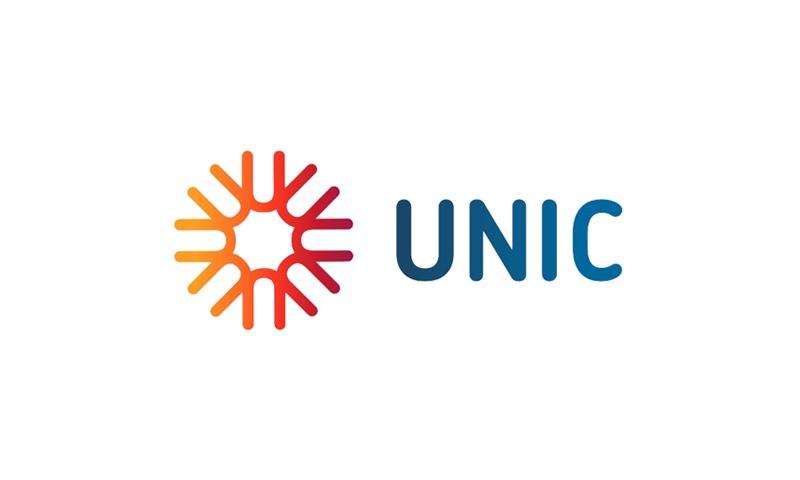
© KIDS4ALLL 2021 - Privacy - Cookie - Created by Ars Media
Activate it in order to browse the site.